As part of TRENDS Research & Advisory’s European research tour, it has opened its virtual office in Rome, Italy. The office aims to establish new cooperation with Italian academic institutions and think tanks and build a network of strategic partnerships that enhance academic and knowledge exchange with academics, researchers, experts, and specialists in various scientific fields.
The TRENDS virtual office in Italy is beginning a new academic and research cooperation phase with Italian institutions. It will seek to provide scholarly contributions that support positive developments in the Middle East and Europe and enhance educational and knowledge exchange. It will also launch research and knowledge initiatives that support efforts to spread peace, coexistence, and tolerance.
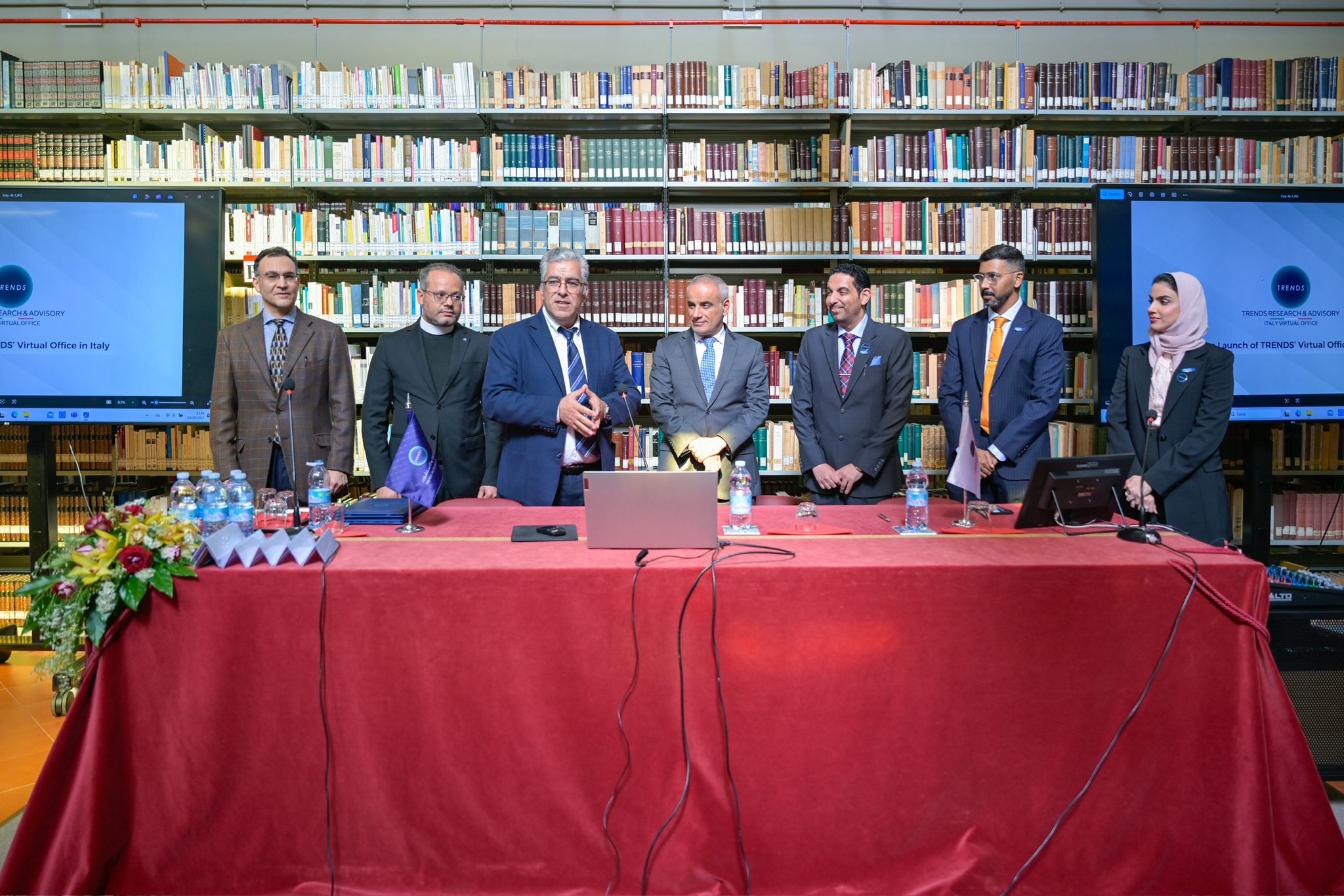
The office’s launch was attended by His Excellency Abdullah Ali Al Sabousi, UAE Ambassador to the Italian Republic, Monsignor Yoannis Lahzi Gaid, Vatican Secretary of State for Public Affairs and Representative of the Holy See to the Higher Committee of Human Fraternity, Professor Wasim Salman, President of the Pontifical Institute for Arabic and Islamic Studies, and a host of intellectuals, experts, and researchers.
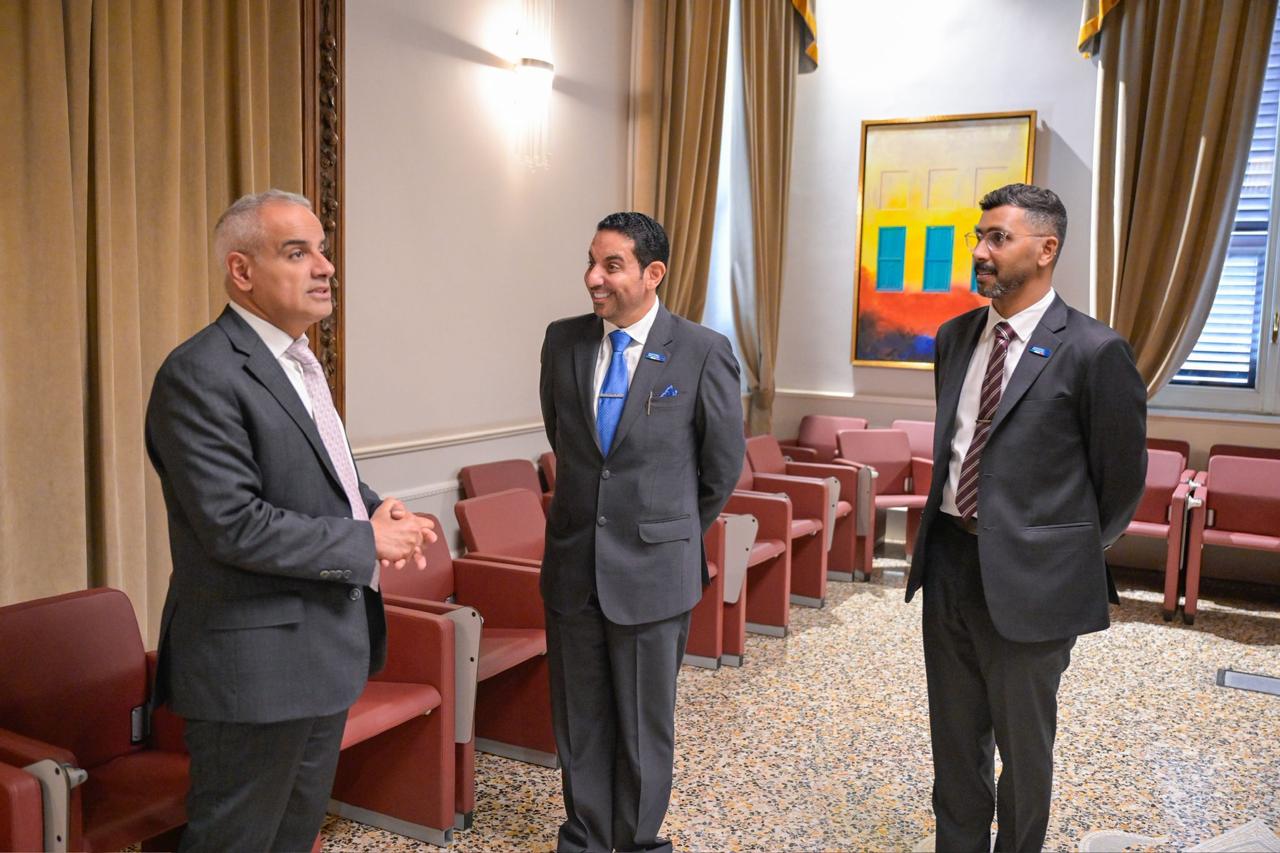
Fostering Communication
During the office opening, TRENDS held a discussion session with His Excellency Abdullah Ali Al Sabousi, UAE Ambassador to Italy, through its virtual office in Rome. The discussion highlighted the pivotal role of think tanks in fostering communication and promoting scientific and intellectual dialogue among nations and societies.
The session, which featured experts and researchers from the center, focused on the efforts of leading think tanks to promote the values of tolerance and peaceful coexistence and to support cultural and scientific ties among the peoples of the world, based on their belief in the importance of knowledge as a tool for fostering rapprochement between peoples and civilizations.
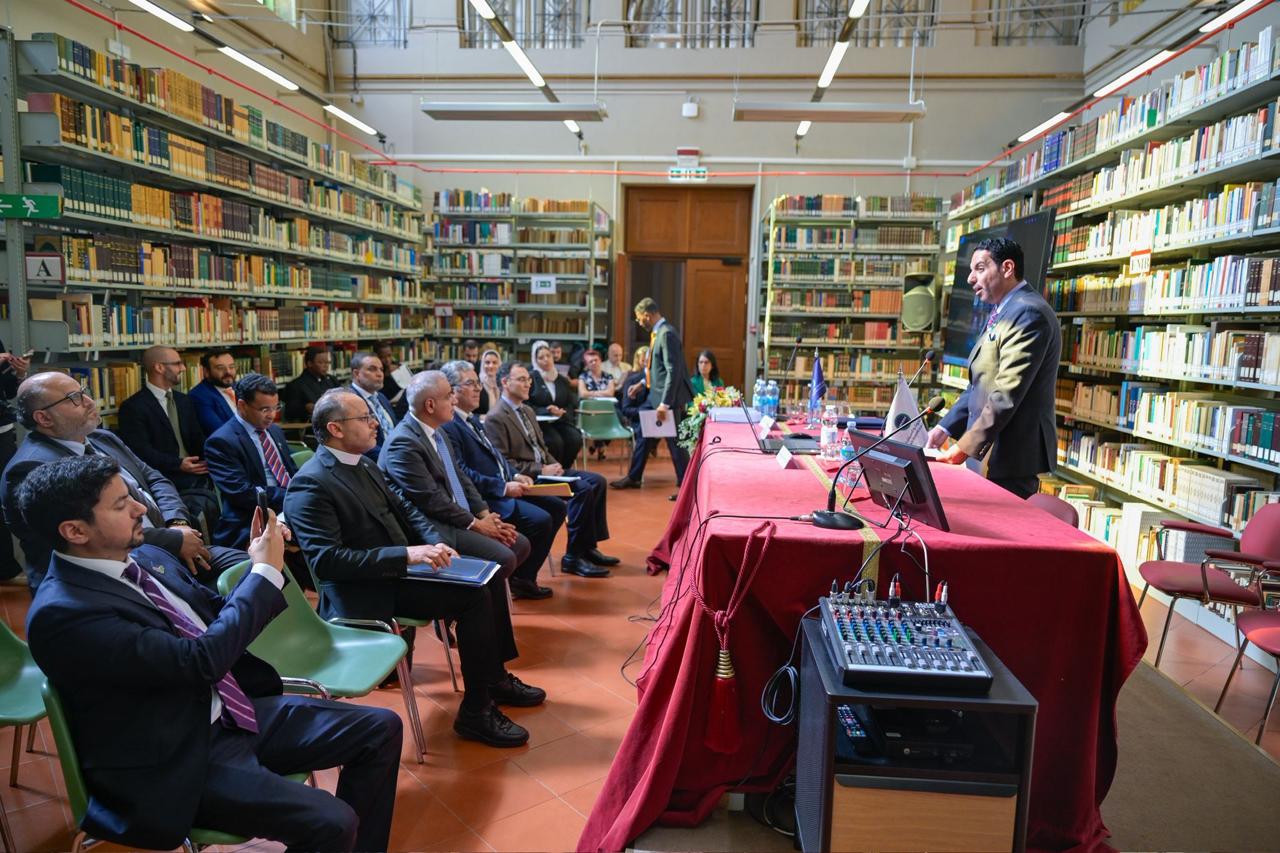
Strengthening Academic Ties
His Excellency Abdullah Ali Al Sabousi, UAE Ambassador to Italy, said: “The opening of the TRENDS virtual office in Rome will strengthen scientific ties with think tanks, research institutes, and centers, and it will also advance cultural and research cooperation.” He emphasized that the office is essential in strengthening intellectual, scientific, and knowledge cooperation between the Middle East, Europe, and the world.
His Excellency commended TRENDS’ effective research and knowledge efforts in promoting intellectual dialogue. Moreover, opening its virtual office in Rome will contribute to developing relations with Italian think tanks and enhancing efforts to transfer and exchange knowledge between nations and societies.
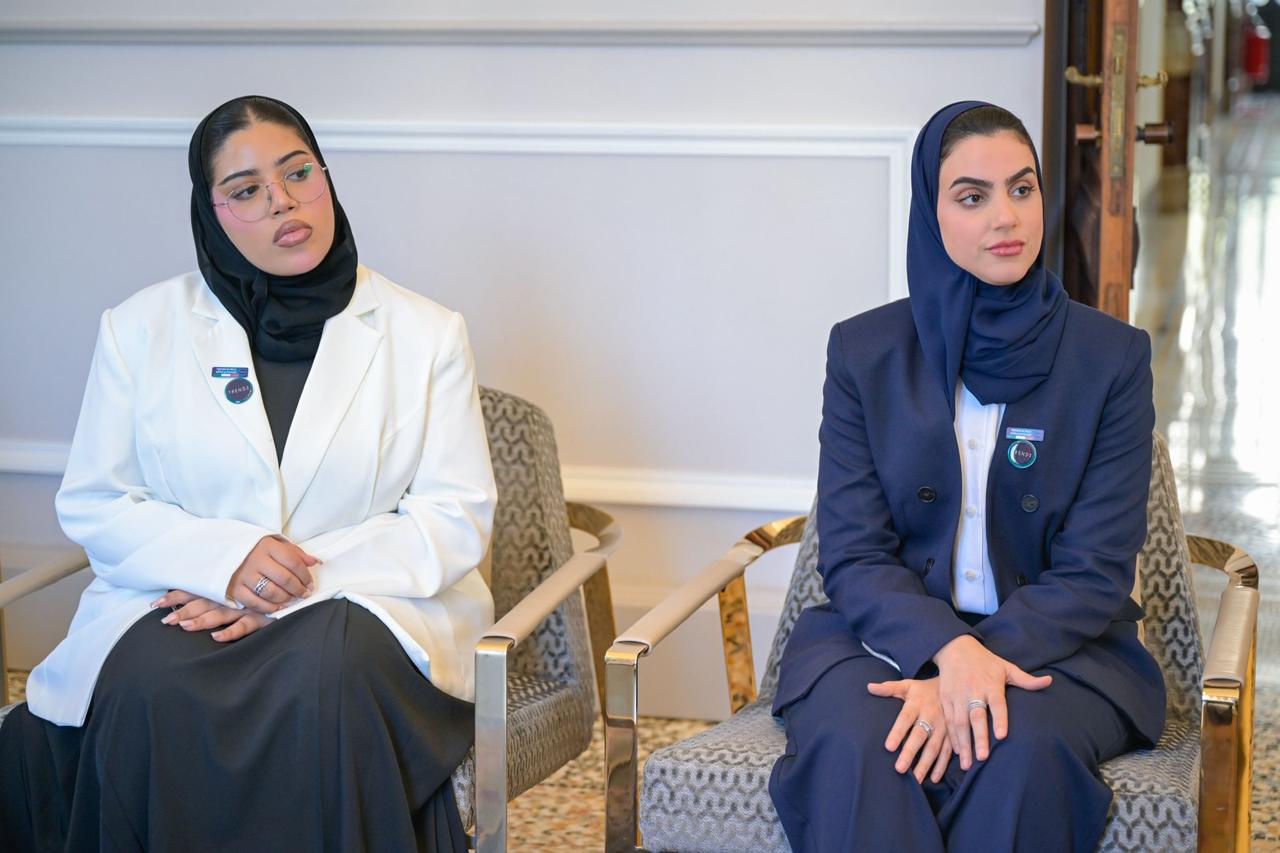
Sharing Experiences and Knowledge
Dr. Mohammed Abdullah Al-Ali, CEO of TRENDS Research & Advisory, emphasized that the center seeks to promote logical thinking, support knowledge, and spread the culture of purposeful scientific research to address global challenges. This is achieved by launching offices in capitals worldwide, the latest of which is the TRENDS virtual office in Rome. He added that the center is keen to hold intellectual meetings and periodic discussions with research institutions and think tanks worldwide to exchange visions and perspectives. This step represents an integral part of TRENDS’ vision and strategy aimed at engaging with leading global think tanks.
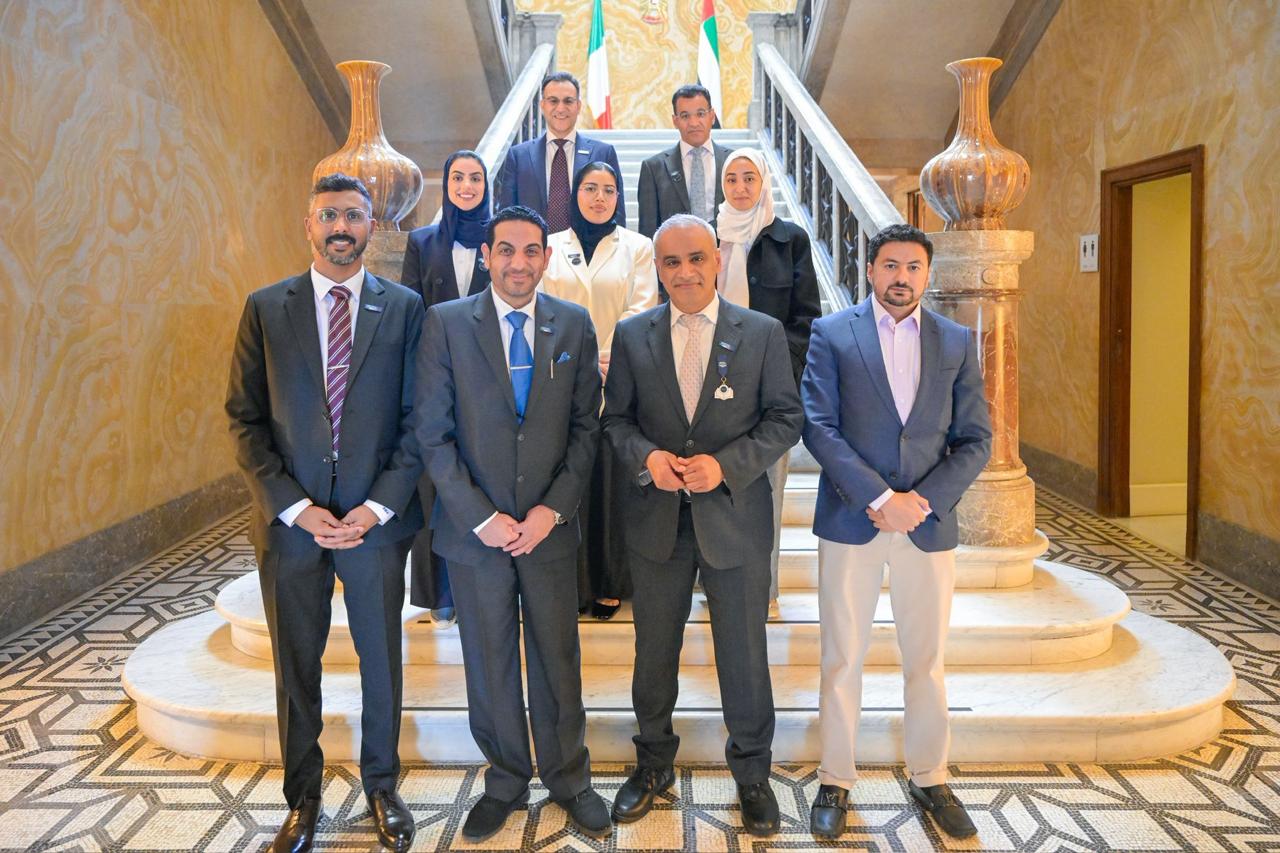
Establishing a Culture of Dialogue
The CEO of TRENDS indicated that the center believes that confronting extremist ideas can only be achieved through enlightened thinking. Through its external offices, programs, and research projects, TRENDS seeks to strengthen the culture of dialogue and evidence-based scientific thinking, which is regarded as one of the most effective means of countering hate speech.
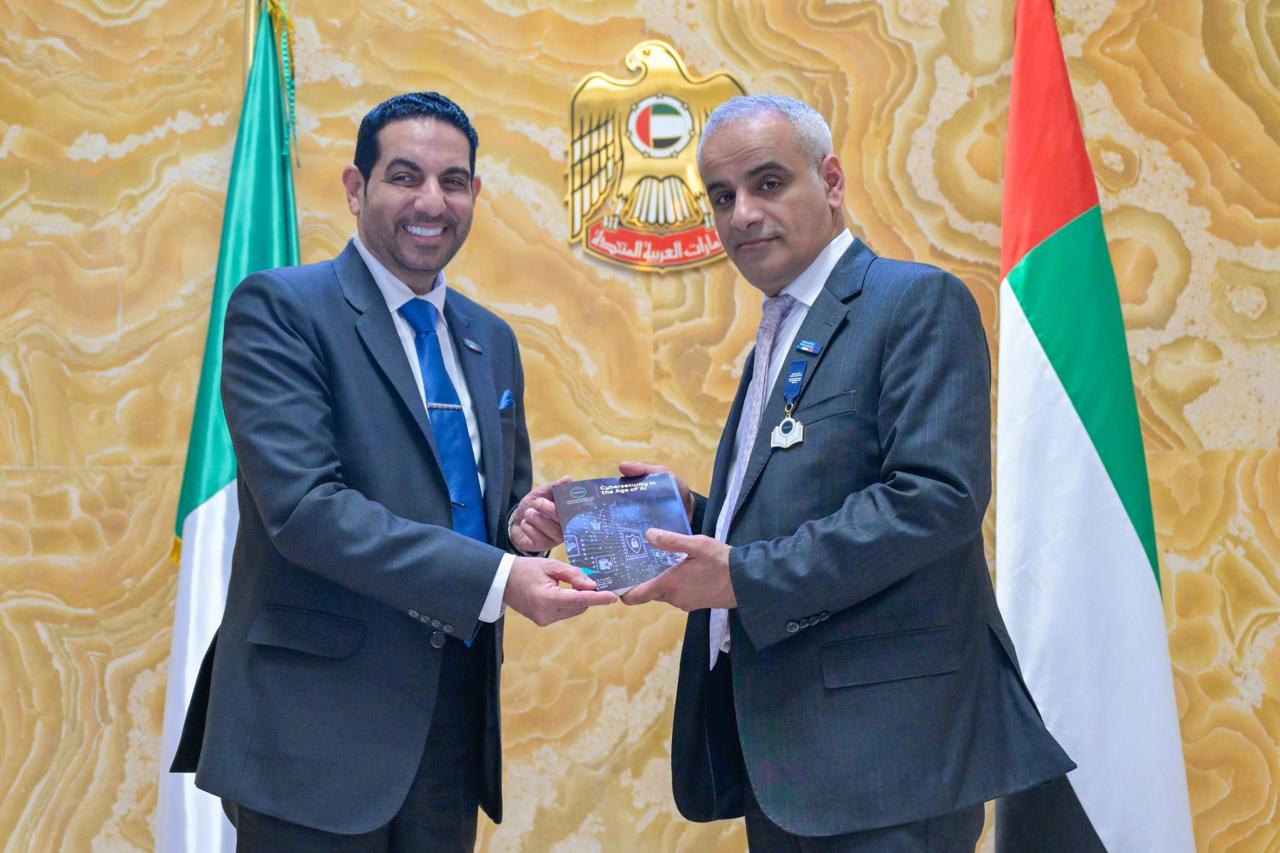
He explained that the center enhances international cooperation to address current regional and global issues through research tours across continents. The current tour in Rome aims to identify experiences and forward-looking visions that contribute to formulating more effective policies to address common challenges, build sustainable knowledge partnerships that serve humanity, and shape the features of a prosperous and stable future.



